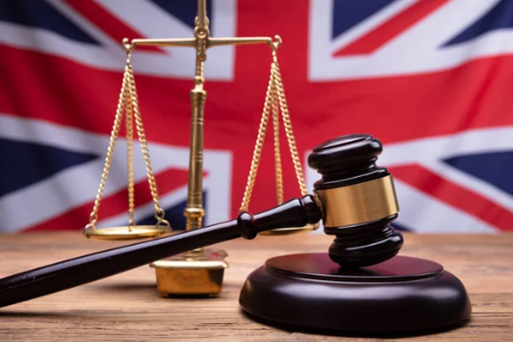In September 2014, Scotland had a referendum to decide whether they should be an independent county. The Scottish electorate rejected independence by a margin of 55% to 45%. However, with Britain withdrawing from the European Union, there have been new calls for a second referendum. The EU referendum in June 2016, saw 62% of Scottish voters being in favour of staying. This has led to Scotland’s First Minister, Nicola Sturgeon, publishing a referendum bill which outlines their plans for a secession vote on 19 October 2023.
Consent for a new referendum was refused by the British government with then-Prime Minister, Boris Johnson, refusing to issue a “Section 30” order. The British government believes the matter was settled in 2014 and the main priority for Britain is the economic pressure it is facing.
The Lord Advocate, the senior Scottish Law Officer, asked the Supreme Court whether a referendum without the British government’s consent will be legally enforceable. The Supreme Court held that “the Scottish Parliament does not have the power to legislate for a referendum on Scottish independence”. Nicola Sturgeon stated that she will respect the Court’s decision but with public opinion in Scotland constantly developing towards independence, Nicola Sturgeon has repeated her request for another section 30 Order.
For further information on this topic or on any other legal area, please contact John Szepietowski or Kay Stewart at Audley Chaucer Solicitors on 01372 303444 or email admin@audleychaucer.com or visit our Linkedin page at https://www.linkedin.com/company/audley-chaucer-solicitors/.
John Szepietowski
This information was correct as at November 2022
